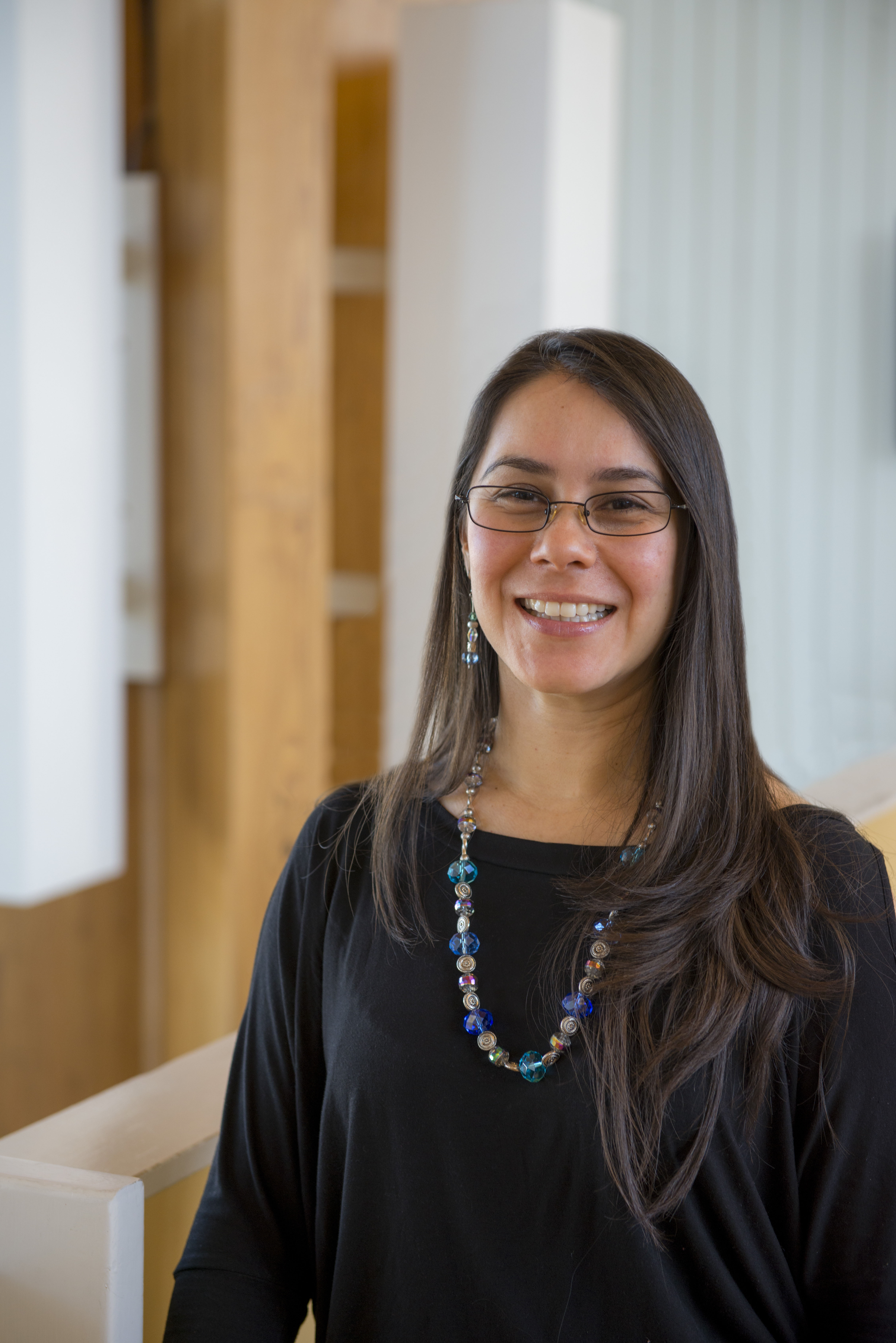Forest Sustainability for Changing Times: An Emerging Transdisciplinary Research Program

With a background in both conservation management and ecotourism, Dr. De Urioste Stone is poised to answer challenging questions about how climate change will affect our forests, and how those effects will be distributed among stakeholders. She uses Maine as a case study, but her investigation into forest vulnerability and resilience has a global application.
— Caitlin Swalec, Forest Sustainability Fellow, MESM 2019
Forest Sustainability Fellowship Program Speaker
ABSTRACT
Global and local changes in environmental, social, and climatic conditions increasingly stress, alter, or degrade forest ecosystems and human quality of life despite continued efforts to develop integrated natural and human models that help support effective decision-making. Maine’s rural communities and natural resources-based industries rely heavily on the products and services provided by forest ecosystems. Climate change is projected to impact Maine’s forests in a variety of ways, creating major challenges and potential opportunities for those stakeholders heavily reliant on natural resources. As global markets change and climate projections suggest shifts in forest composition and weather patterns, there is increasing pressure on Maine’s forest socio-ecological systems to adapt to, or cope with, climate variability. Our study aims to (1) measure the vulnerability of the forest resources industry and (2) enhance the resilience of forest socio-ecological systems (SES) to global change by integrating geo-spatial and social science analyses. This research will aid decision makers in evaluating effective adaptation strategies. The complexity of Maine’s forest systems and the diversity of stakeholders suggest that our results will have widespread application elsewhere.
BIO
Sandra De Urioste Stone is an Assistant Professor in the School of Forest Resources at the University of Maine. She is an applied social scientist focusing on natural resource management and stakeholder engagement. She has conducted research in the US and Latin America on resilience and adaptation to global changes, collaborative management of natural resources, sustainable tourism, and One Health. She received a BA in ecotourism from Universidad del Valle de Guatemala and MS in Resource, Recreation and Tourism and PhD in Natural Resources from the University of Idaho.